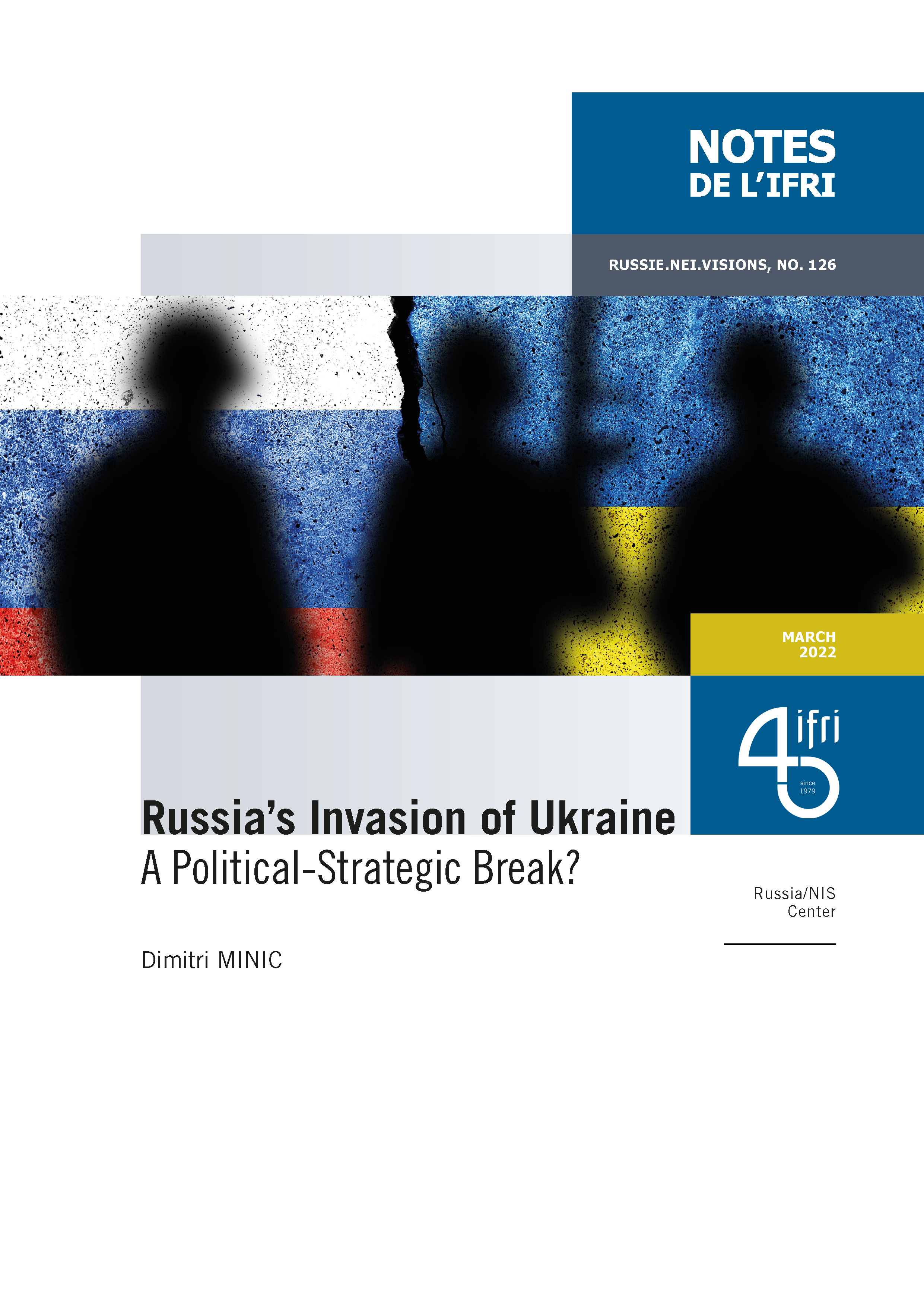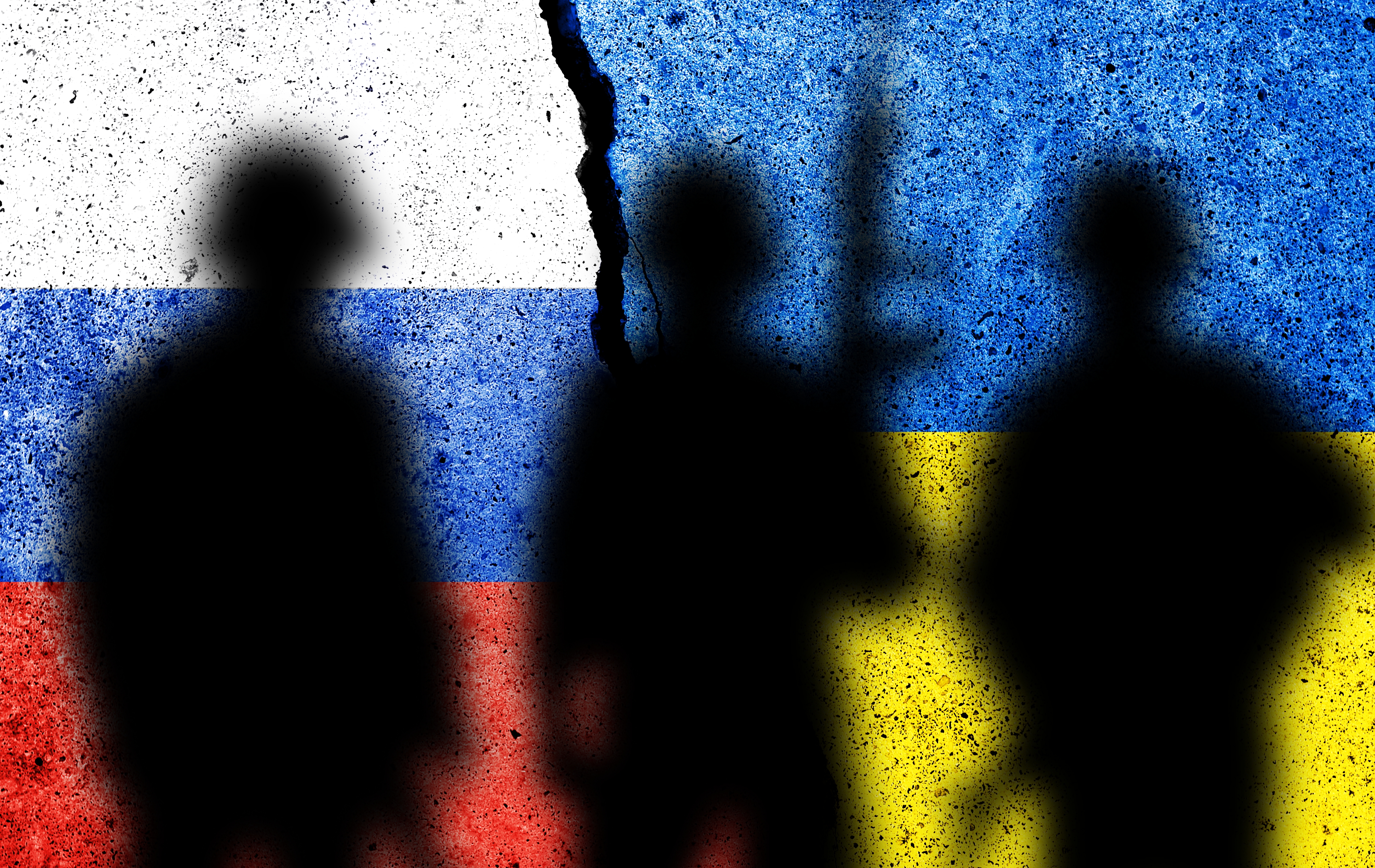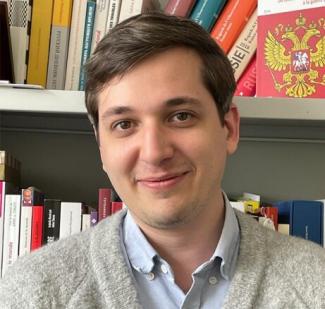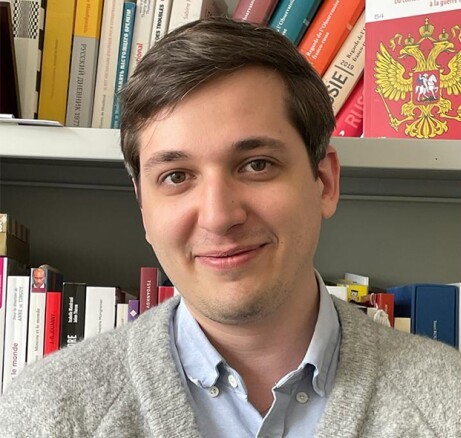Russia's Invasion of Ukraine: A Political-Strategic Break?

On February 24, 2022, eight years after deploying an integrated military and non-military indirect strategy against Kiev, Vladimir Putin decided to initiate an open war against Ukraine.

The launching of this war may have seemed paradoxical insofar as the Russian military-political elites have, for the past thirty years, conceptualized and promoted the bypassing of the interstate armed struggle in order to achieve political objectives considered vital. This raises the question: did Russia's president choose to start this war after careful consideration, or was it a snap decision? In any case, Russia's decision to invade Ukraine also questions the cognitive frameworks of the actors who devise and lead Moscow's strategies. With their radically hostile perception of the strategic environment, Russia’s military-political elites are susceptible to acting in ways that are unpredictable, impulsive and, ultimately, counterproductive.
Dimitri Minic is a Research Fellow at Ifri’s Russia/NIS Center. He holds a PhD in History of International Relations from the Sorbonne University (2021).
Download the full analysis
This page contains only a summary of our work. If you would like to have access to all the information from our research on the subject, you can download the full version in PDF format.
Russia's Invasion of Ukraine: A Political-Strategic Break?
Related centers and programs
Discover our other research centers and programsFind out more
Discover all our analysesThe Caspian Sea as an Emerging Energy Hub : Potentials and Limitations
This report analyzes the prospects of the Caspian Sea region — and its key actors except for Russia and Iran — becoming an important energy hub serving the needs of the European Union (EU).
The European Union's Strategic Test in Georgia
The political crisis brewing in Georgia is of an existential nature for the country. What is at stake is Georgia's future as a democratic and sovereign European nation (EU).
Commanders of Putin's Long War: Purged, Reshuffled and Disgruntled
The trend of reshuffling the Russian top military command in the course of a fast-evolving and far from successful war has progressed unevenly both across the Armed Forces’ structures and in time. The rationale for and timing of the abrupt cadre decisions made by Commander-in-Chief Putin often defy logical explanation, and the rare official clarifications are no more informative than the usual information blackout.
Russian Military Manpower After Two and a Half Years of War in Ukraine
In addition to a military victory in Ukraine, the Russian leadership is planning to build up sizable troop formations for a possible conflict with NATO in the Baltic region and the Kola Peninsula. In particular, current plans aim for the military manpower to grow by about 350,000, reaching a total of 1.5 million soldiers and commanders. In the context of the current conflict in Ukraine, this cannot be accomplished without a new wave of mass mobilization.












